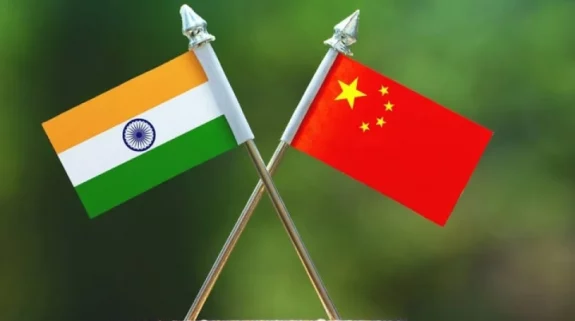With election only 10-months away, Rodrigo Duterte, the President of Philippines, feels short-changed, as his embrace of China, triggered by a promise of billions of dollars flowing into his coffers from Beijing, is going up in smoke.
For Duterte, it was pretty straightforward. He announced, instead of the United States—a country with which Manila historically shares bitter-sweet memories— he was ready for a switchover to China as the Philippines’ primary partner.
“I announce my separation from the US,” Duterte had famously announced after a meeting with Chinese President Xi Jinping in 2016.
Also read: Women radio operators–Angels of the Sea bring peace to Philippines waters
But the strategic turnaround was to come only if China agreed to pump in money into Manila’s coffers, especially to develop the country’s ailing infrastructure. Beijing immediately obliged by promising to open the floodgates of cash. But this materialised only on paper.
Masters of chequebook diplomacy, the Chinese mandarins, promised to provide US$9 billion in soft loans. They also agreed to funnel US$15 billion in direct investments. But four years later, a quick reality check shows that instead of $24 billion as pledged, only $3.2 billion has entered the Philippines till 2020, with 2016 as the benchmark, Bloomberg reported quoting data from the Philippine Statistics Authority.
SCMP Report: China’s promised infrastructure billions yet to arrive in the Philippines, five years on
China’s de facto backtracking is causing Duterte severe embarrassment. China’s inability to walk the talk is also breeding distrust in the region—an impression that crosses all geographies across the globe in the digital socially connected age.
Like an embattled boxer, who has suffered many blows in the ring, the opposition can see blood on the nose. Unsurprisingly they are going for Duterte’s jugular.
Vice-President Leni Robredo – the opposition’s possible candidate for the presidency has waded into Duterte accusing him of “selling out” to China, and compromising the country’s national sovereignty.
Also read: Philippines approves Bharat Biotech’s Covaxin for use in war on Covid-19
Chinese intrusions into South China Sea waters claimed by the Philippines has also left Duterte red-faced, as legitimate doubts have surfaced about the geopolitical intentions of Manila’s newfound strategic partner. Manny Pacquiao a former boxer and a likely presidential candidate, slammed Duterte’s response to China’s maritime incursions, in the hope of stoking the fires of high-octane nationalism.
Doubts about China’s credibility are once again drawing the Philippines to its tried and trusted, though sometimes devious, former partners—the United States and Japan.
Much ahead of China, Japan provides the Philippines, US$8.5 billion in aid as of 2019.
“Our traditional allies Japan and the United States continue to be our best funders for official development assistance,” said Philamer Torio, professor at the Ateneo School of Government in Manila as quoted by Bloomberg.
Analysts say that in case Duterte is toppled from the presidential perch, the game will begin in earnest of drawing Manila into a broader Indo-Pacific strategy which is currently focalised in the QUAD grouping represented by India, Japan, Australia and the United States.




















